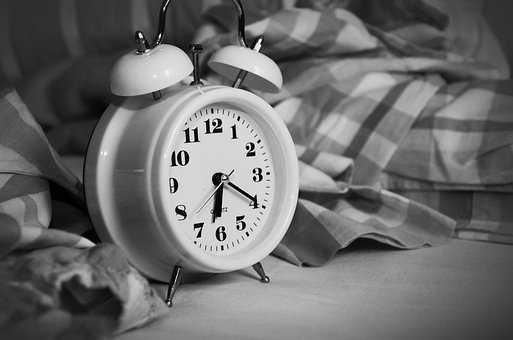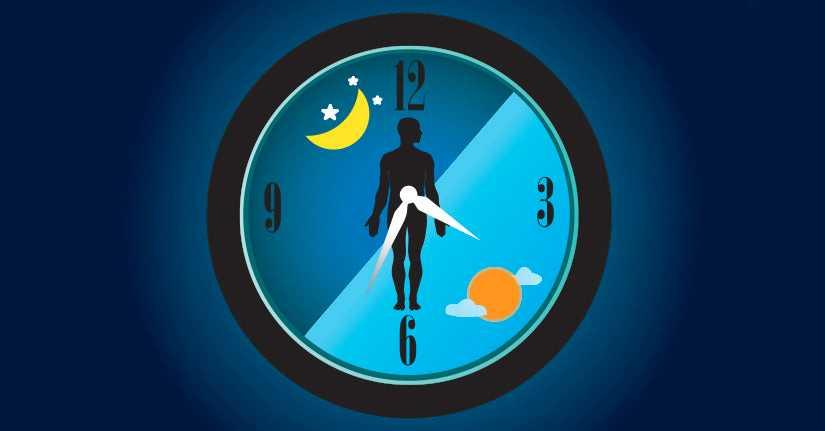The internal clock
All individuals possess what is called 'an internal clock', which has as main purpose to schedule sleep and wakefulness within one entire day of 24 hours.
Now comes the difference in regards to how the 'clock' works for each person: there are people who wake up earlier and go to bed earlier as well - for them the cycle is shorter and there are also people who, on the other hand wake up later and go to sleep later. It all depends, in fact, on what is known as 'zeitgebers', which translates by external signals necessary in order to synchronize the 'clock'.
54
328 reads
CURATED FROM
IDEAS CURATED BY
The idea is part of this collection:
Learn more about health with this collection
Strategies for building self-confidence
Techniques for embracing your strengths and accomplishments
Tips for seeking support and feedback
Related collections
Similar ideas to The internal clock
Our Internal Alarm Clock
Our internal body clocks are better programmed to help us sleep and wake up, according to our unique body chemistry and energy levels.
Ignoring our internal clocks in favor of the alarm clock, and following our social obligations, sacrificing on sleep, is taking its toll on our health.
Our Internal Biological Clock
- If we want to get more out of each day, we might need to consider synchronizing with our own internal body clock, working according to our peak periods of creativity, energy and activity.
- Our biological clock controls most of our body’s functions...
Find the Perfect Bed Time
You want to go to bed at the same time every night, and wake up at the same time every morning—even on weekends.
To find the perfect time to go to sleep, count back 7 and a half hours from the time you usually wake up. This ensures you wake up at the optimal moment during your sleep...
Read & Learn
20x Faster
without
deepstash
with
deepstash
with
deepstash
Personalized microlearning
—
100+ Learning Journeys
—
Access to 200,000+ ideas
—
Access to the mobile app
—
Unlimited idea saving
—
—
Unlimited history
—
—
Unlimited listening to ideas
—
—
Downloading & offline access
—
—
Supercharge your mind with one idea per day
Enter your email and spend 1 minute every day to learn something new.
I agree to receive email updates

